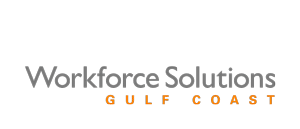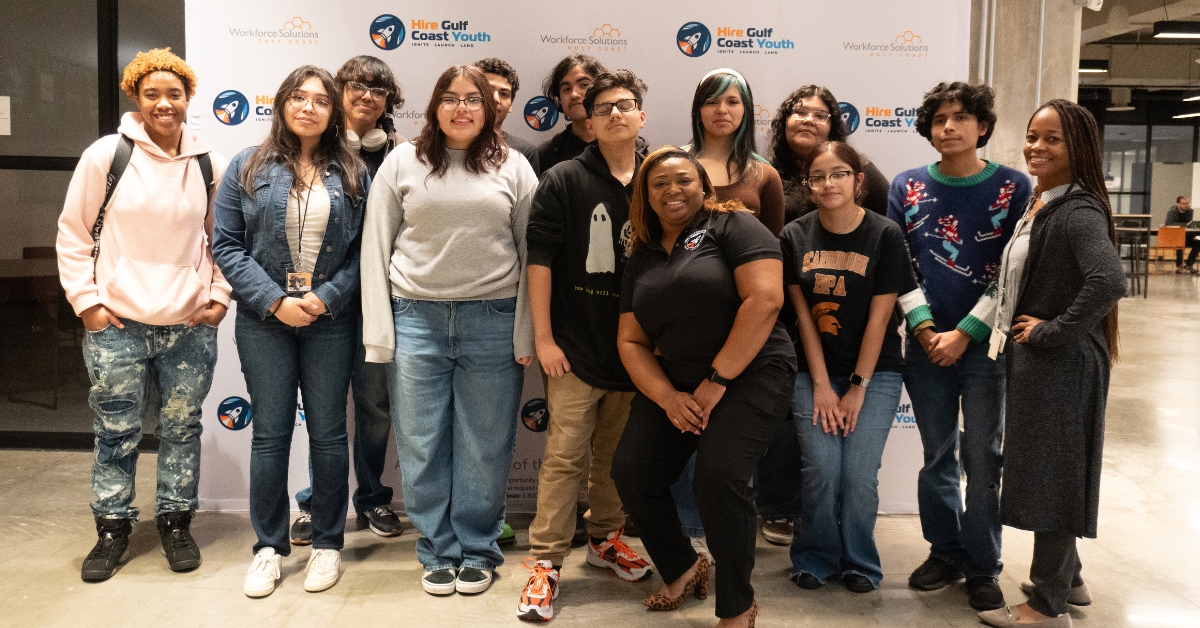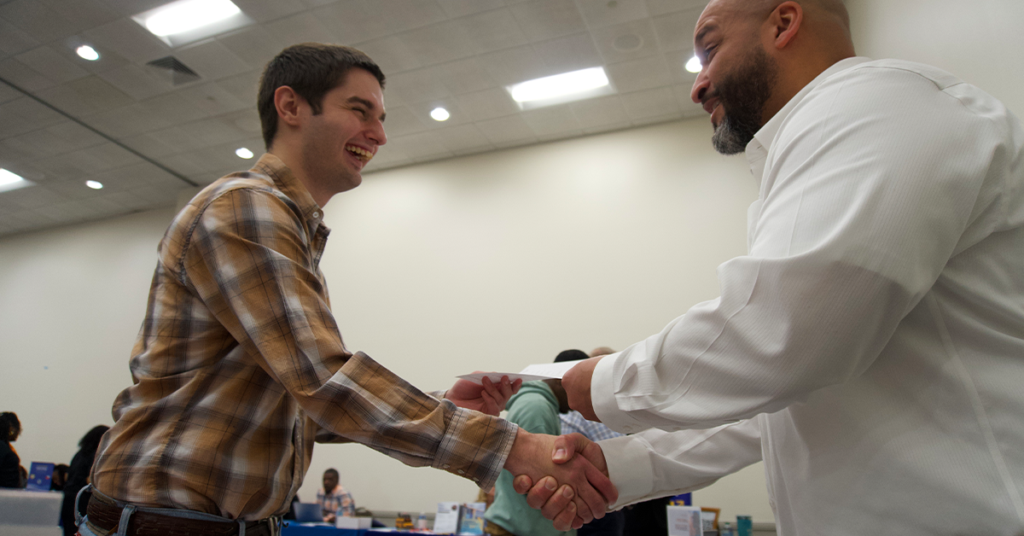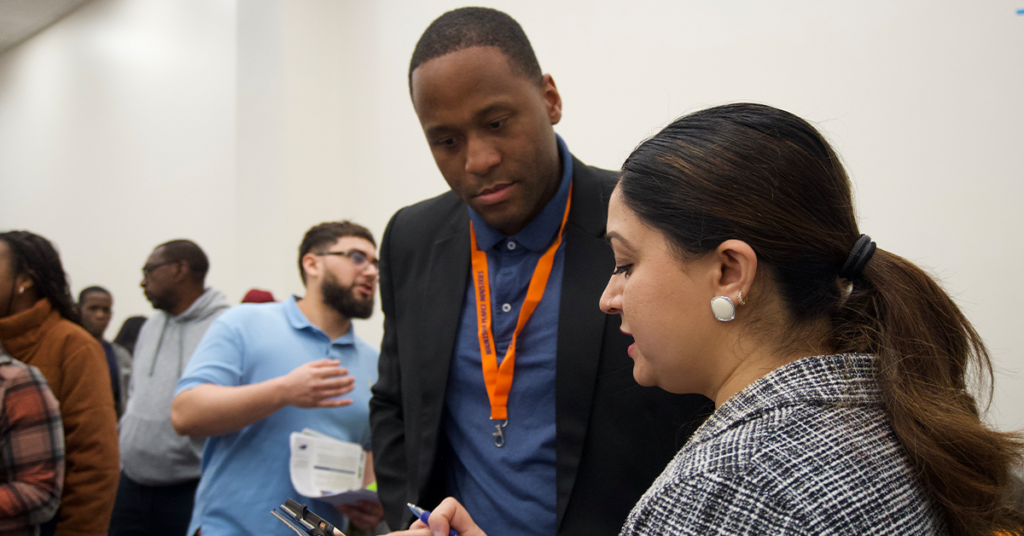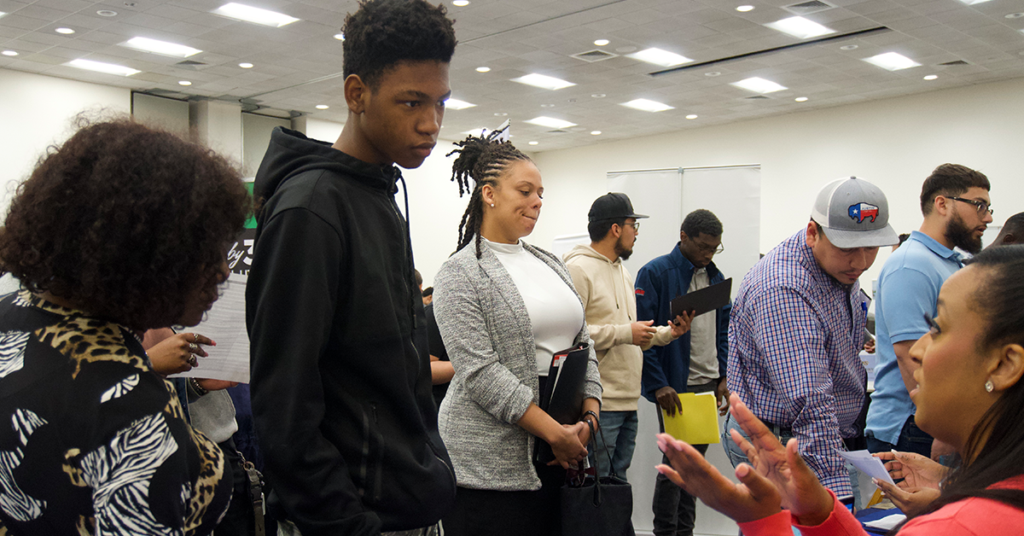Debt means owing money, and it can cause trouble if you’re not careful. If your credit score (like a money report card) is low, things like insurance can cost more. When you borrow money, you have to pay extra called interest. For example, if you owe $10,000 on a credit card with 20% interest and only pay the smallest amount each month, you might pay way more than you borrowed.
Student Loan Debt Help
If you already owe money from student loans, there are programs that can cancel some or all of your federal loans so you don’t have to pay them back. These programs help teachers, nurses, veterans, and others. Some let you pay less based on your income, and after many years, the rest might be forgiven. But private loans don’t usually have these options, and refinancing federal loans with private lenders can make you lose forgiveness.
Federal vs. Private Loans
Federal loans usually cost less and have flexible ways to pay. You don’t need a credit check or co-signer. Some federal loans can be forgiven. Private loans come from banks, often cost more, need a co-signer, and don’t have many forgiveness options.
How Workforce Solutions Can Help
Workforce Solutions helps you get ready for jobs without borrowing too much money. They offer ways to learn about jobs, get work experience, and pay for training:
- Career Exploration: Try jobs, meet companies, and learn about schools.
- Internships: Get paid to work for 8–12 weeks and gain experience.
- Pre-Apprenticeships: Short programs to learn skills and earn money.
- Summer Jobs: Work in summer for about 8 weeks and get paid.
- On-the-Job Training: Work full-time, get paid, and learn on the job.
- Scholarships: Money to help pay for training and classes.
- Registered Apprenticeships: Paid work with classes to learn skills and get better pay.
Visit the Workforce Solutions website to explore all the tools and resources available to help you make smart choices before taking on any debt.
